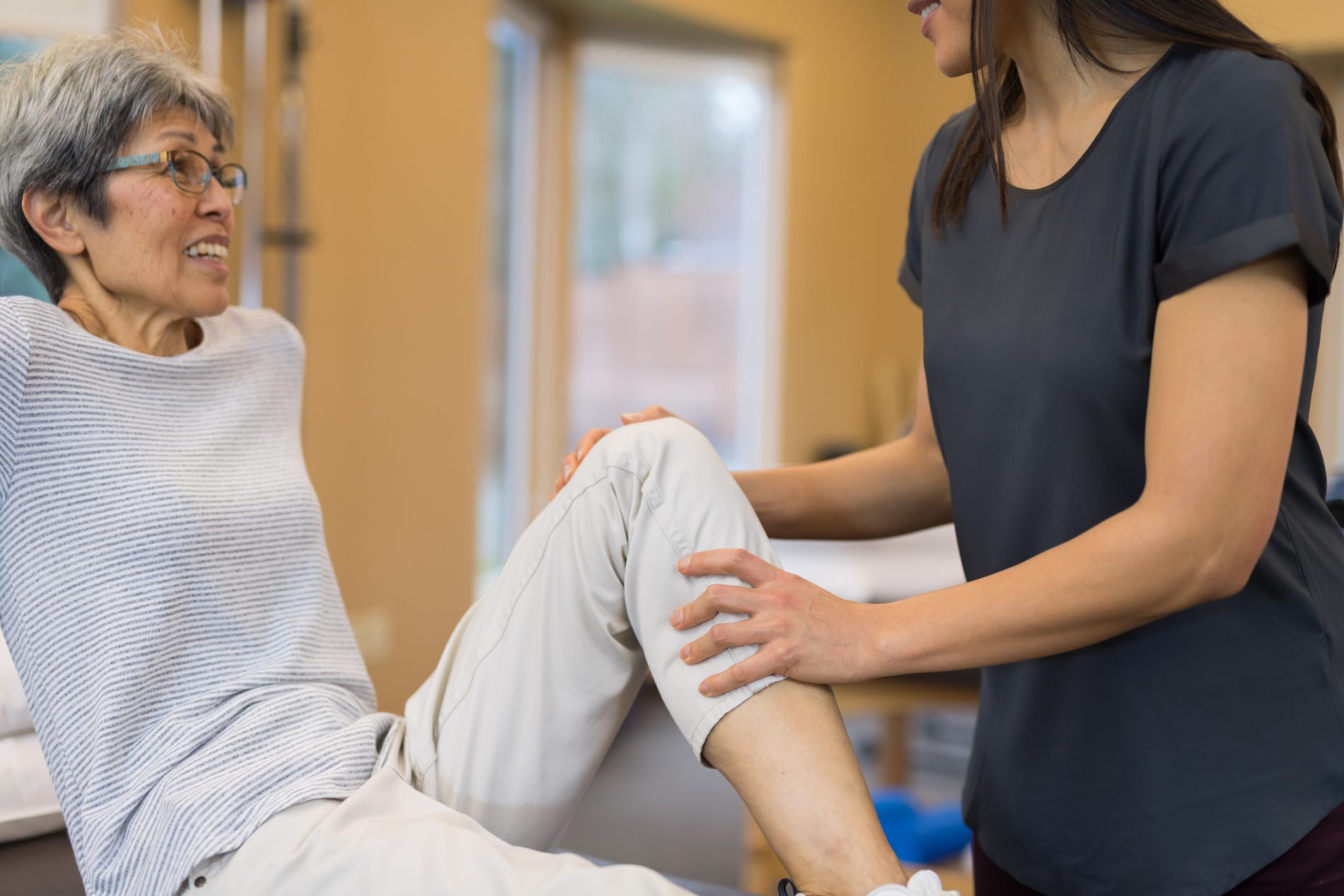Managing cancer pain means more than just medicine

Cancer can hurt in many ways, so pain relief is part of any cancer treatment plan. Pain can be caused by several different things during the cancer journey, including:
- Tumors, which can penetrate or compress bones, nerves, or other tissues
- Post-surgical pain, which is common after surgical procedures to remove tumors or perform biopsies. This pain may linger and become chronic.
- Treatments, which often cause pain as a side effect
- Chemotherapy can cause pain, tingling, and numbness in the hands and feet.
- Radiation can cause tissue damage or inflammation.
- Infections and inflammation are common, as part of the treatment and recovery process for many different cancers.
The intensity of the pain can also be affected by your sleep habits, psychological state, social factors, activity level, preexisting conditions, diet, and general stressors in life. So, it may be very specific to you.
How it’s treated
When your pain is persistent, unexpected, or difficult to manage, we have the benefit of pain treatment experts, who are available as part of the many Supportive Care services offered at the UAB O’Neal Comprehensive Cancer Center. They collaborate with your oncologists and other physicians to find effective and sustainable pain treatments using a variety of approaches and lifestyle changes.
“If it was as easy as prescribing the next ‘stronger’ pill, my oncologist colleagues wouldn’t need us, but pain is extremely complex,” said Jason McKeown, M.D., an anesthesiologist who is part of the UAB Division of Pain Medicine and a member of the Supportive Care team. He treats patients in the Supportive Care Clinic.
Dr. McKeown has a background in chronic pain treatment and palliative care. Since 2010, he has been focusing on pain from cancer and other life-threatening illnesses. He describes his role as an access point for interventional pain (injection treatments) and as a bridge between the Supportive Care team and the anesthesiology Pain Medicine team, which is located at the UAB Hospital-Highlands Pain Treatment Clinic.
“We offer multimodal pain treatment, which means that we consider every viable tool in managing pain and find the best combination,” Dr. McKeown said.
His recommendations for patients could include any or all of the following:
- Over-the-counter and prescription medications
- Procedures such as steroid injections, nerve blocks, and nerve ablations (using heat to reduce pain signals)
- Physical and occupational therapy
- Stress-reduction techniques, counseling, and cognitive therapy
- Alternative approaches, such as acupuncture
- Diet and lifestyle changes
“We identify the sources of pain, address the acute pain, and then look for ways to maintain the relief throughout the patient’s cancer treatment experience,” Dr. McKeown said. “An early and aggressive approach to treating pain reduces the chance of pain becoming longlasting or uncontrolled and helps reduce later problems of anxiety and depression.”
Getting the best results
Managing symptoms and minimizing negative side effects are important parts of successful pain treatment.
“We have an institution-wide focus on responsibly prescribing opioids, with careful consideration to use the lowest effective dosages,” Dr. McKeown said. “This is not a compromise when it comes to treating pain – the dangers of overprescribing opioids have simply become glaring in society.”
Our Pain Medicine experts are an important part of your cancer care team, and they are always ready to help. “We look at every option to personalize your treatment, and we are with you every step of your journey.” Dr. McKeown said.
For the greatest and longest-lasting pain relief, Dr. McKeown says patients must make a special effort to engage with Supportive Care Services as recommended.
“I may treat the pain with a nerve block procedure initially, but a patient may find longer-term relief with massage therapy, psychological counseling, participating in focus groups, diet changes, and other approaches,” Dr. McKeown said. “Our team encourages patients to see the potential value in every modality we may recommend.”
Your doctors will work with the Pain Medicine team any time your symptoms become worse than expected, so make sure to tell your oncologist about any changes in your pain.




